
Wine Tasting - Wine Tasting Guidance
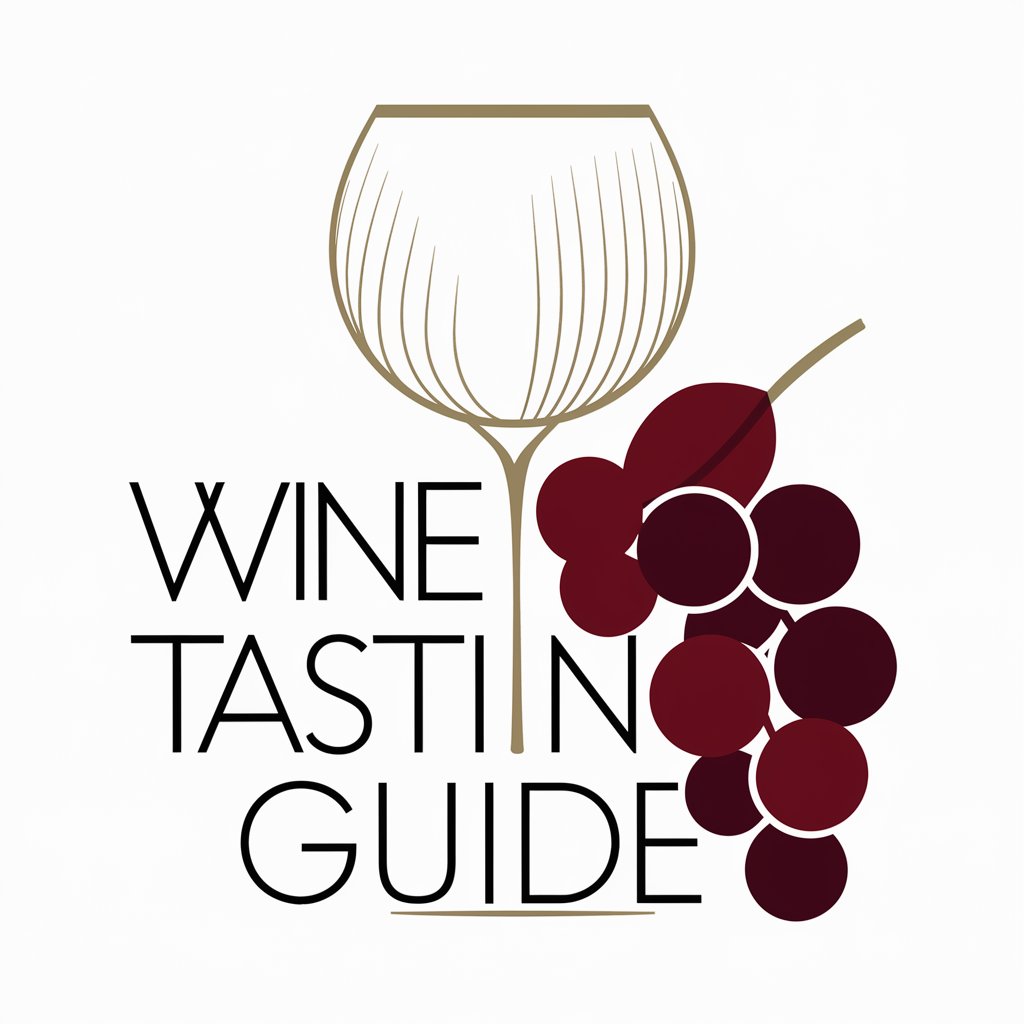
Welcome! Let's explore the world of wine together.
Elevate your wine journey with AI
Can you describe the taste profile of a 2015 Bordeaux?
What are some unique wine and cheese pairings?
How can I organize a themed wine tasting event at home?
What are the characteristics of wines from the Napa Valley region?
Get Embed Code
Introduction to Wine Tasting
Wine Tasting, as a specialized GPT, is designed to deepen the appreciation and understanding of wines by providing expert guidance on their taste profiles, origins, and best pairings. This tool is built upon a comprehensive database of wine varieties, regions, vintages, and tasting techniques. It aims to educate users on the nuances of wine flavors, how to conduct wine tastings, and the art of pairing wines with food. For example, it can describe the taste profile of a 2010 Bordeaux, suggest a wine tasting theme focusing on Italian reds, or recommend the perfect wine to complement a gourmet cheese platter. Powered by ChatGPT-4o。

Main Functions of Wine Tasting
Taste Profile Analysis
Example
Describing the flavor, aroma, and mouthfeel of a Chianti Classico, noting its cherry and leather notes, with a structured tannin presence.
Scenario
A user curious about the characteristics of Chianti Classico for a dinner party.
Wine Tasting Guidance
Example
Offering step-by-step instructions for setting up a comparative tasting of Pinot Noir from different regions, including glassware recommendations and tasting order.
Scenario
Someone planning a wine tasting event looking for a unique and educational theme.
Food and Wine Pairing Advice
Example
Suggesting a Riesling with spicy Thai food, explaining how the wine's sweetness and acidity balance the dish's heat and flavors.
Scenario
A home cook seeking to elevate a special meal with the perfect wine pairing.
Ideal Users of Wine Tasting Services
Wine Enthusiasts
Individuals with a passion for wine who seek to expand their knowledge and appreciation. They benefit from detailed taste profiles and pairing advice to explore new wines and enhance their tasting experiences.
Event Planners
Professionals organizing social gatherings, corporate events, or wine tastings who need expert recommendations on wine selections, themes, and pairing options to impress guests and ensure memorable occasions.
Culinary Professionals
Chefs and sommeliers in need of precise information on wine flavors and pairings to create harmonious menu options and recommend the best wine choices to complement their dishes.

Guidelines for Using Wine Tasting
Start Your Journey
Initiate your wine discovery by accessing a complimentary trial at yeschat.ai, requiring no sign-up or ChatGPT Plus subscription.
Identify Your Interest
Determine your primary interest in wine, whether it's learning about wine tasting, exploring wine and food pairings, or organizing wine tasting events.
Explore Wine Profiles
Use specific queries about wine varieties, regions, or vintages to gain insights into taste profiles, characteristics, and recommended pairings.
Engage with Themes
Consider hosting themed wine tastings or exploring wines from a specific region to deepen your understanding and appreciation of wine diversity.
Practice Tasting Techniques
Apply professional tasting techniques—such as sight, swirl, sniff, and sip—to enhance your sensory evaluation skills and wine tasting experience.
Try other advanced and practical GPTs
美味名匠
Crafting Unique Names with AI
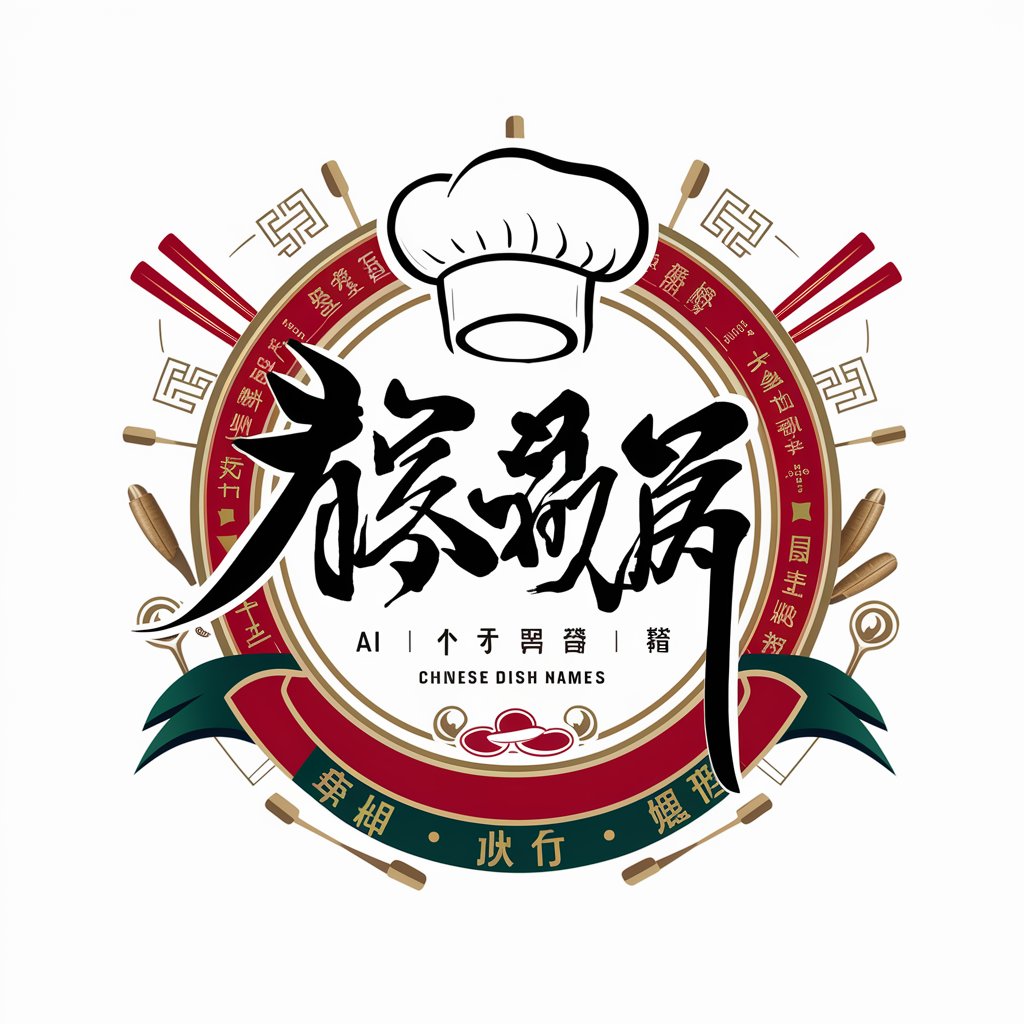
Edna
Empowering your web design journey with AI.
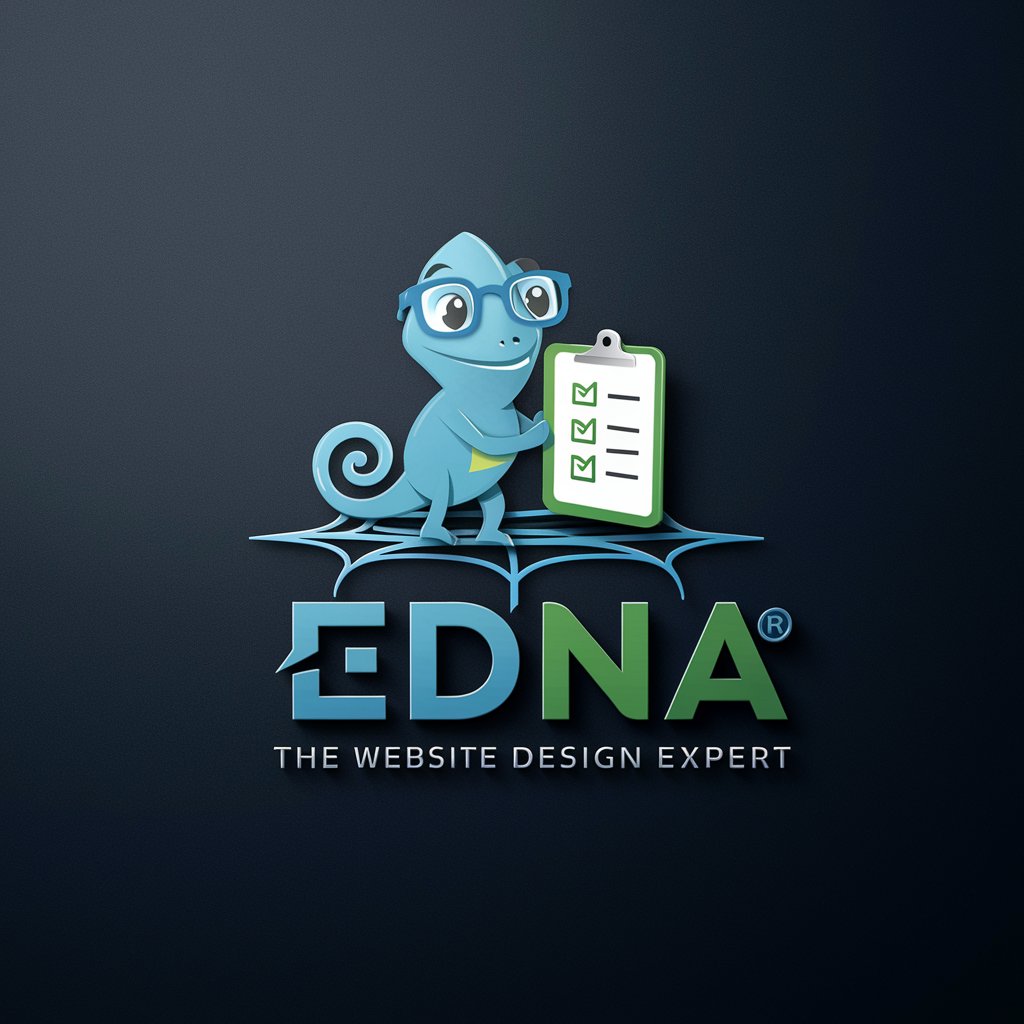
AutoMate
Streamline Tasks with AI Automation

The Web Developer by Luis Modesto
Empowering your coding journey with AI
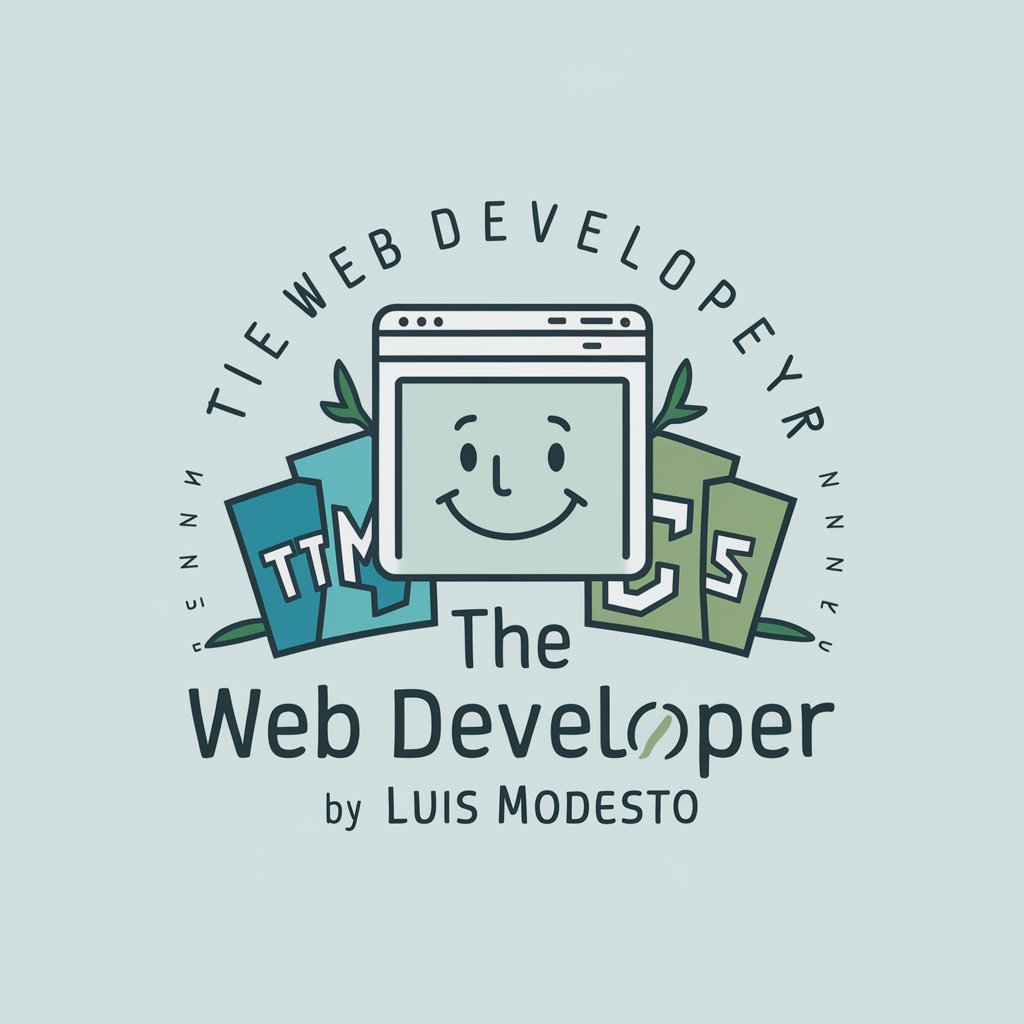
GPT-MORE
Empower Your Projects with AI

Web
Empowering Web Excellence with AI

UX Writer Pro
Enhancing Texts with AI-Powered Precision

Comfy UI Node Generator
Empower Creativity with AI-Powered Nodes
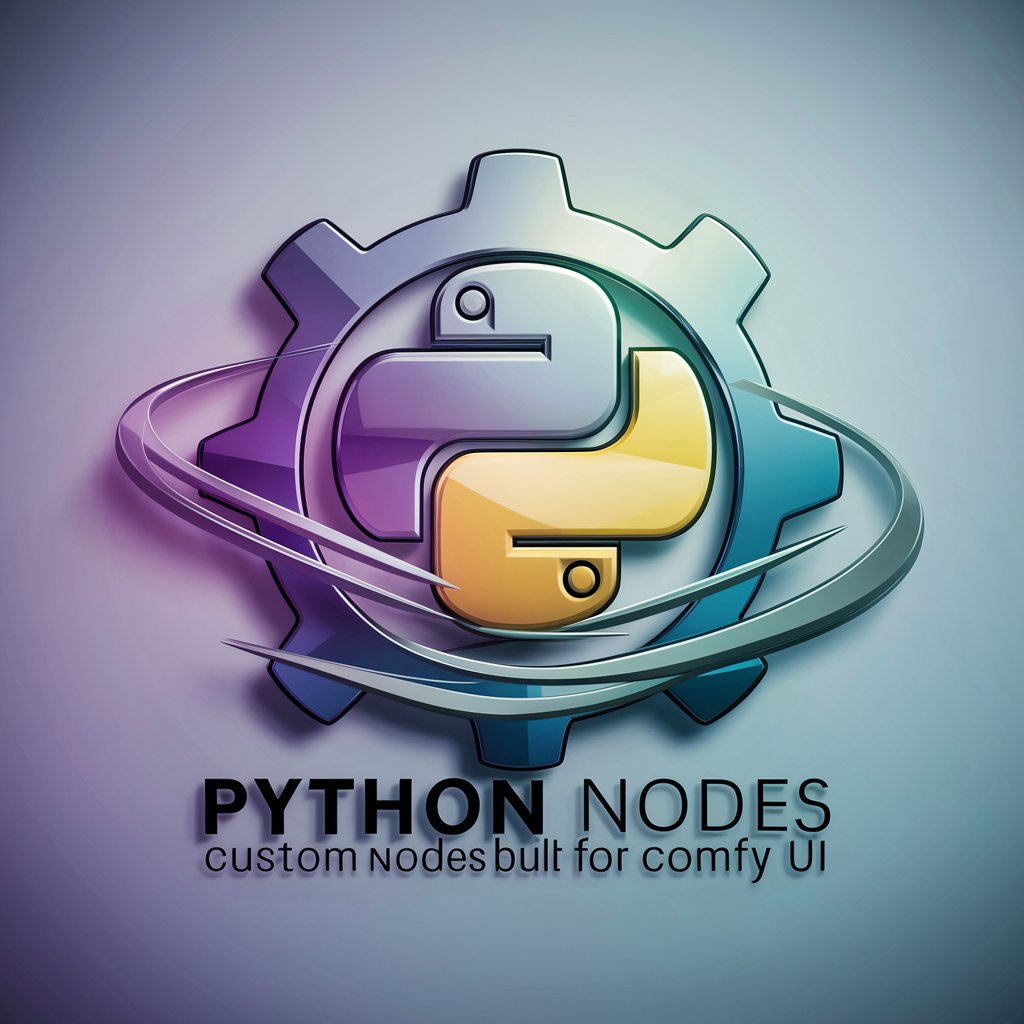
MixMyDrink
Craft Cocktails with AI Precision
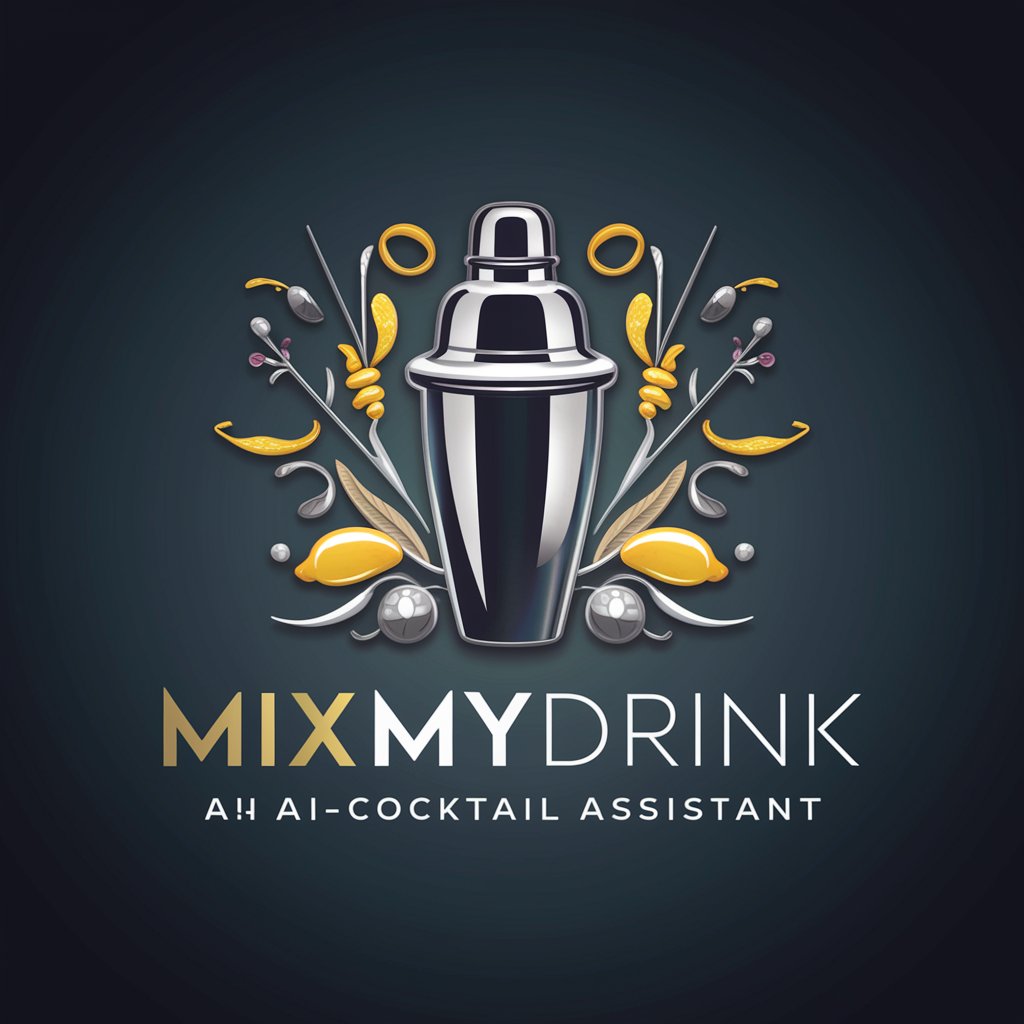
Marketplace Analyzer
Optimize your marketplace presence with AI

Prompt Optimizer GPT
Crafting Precision in AI Interactions
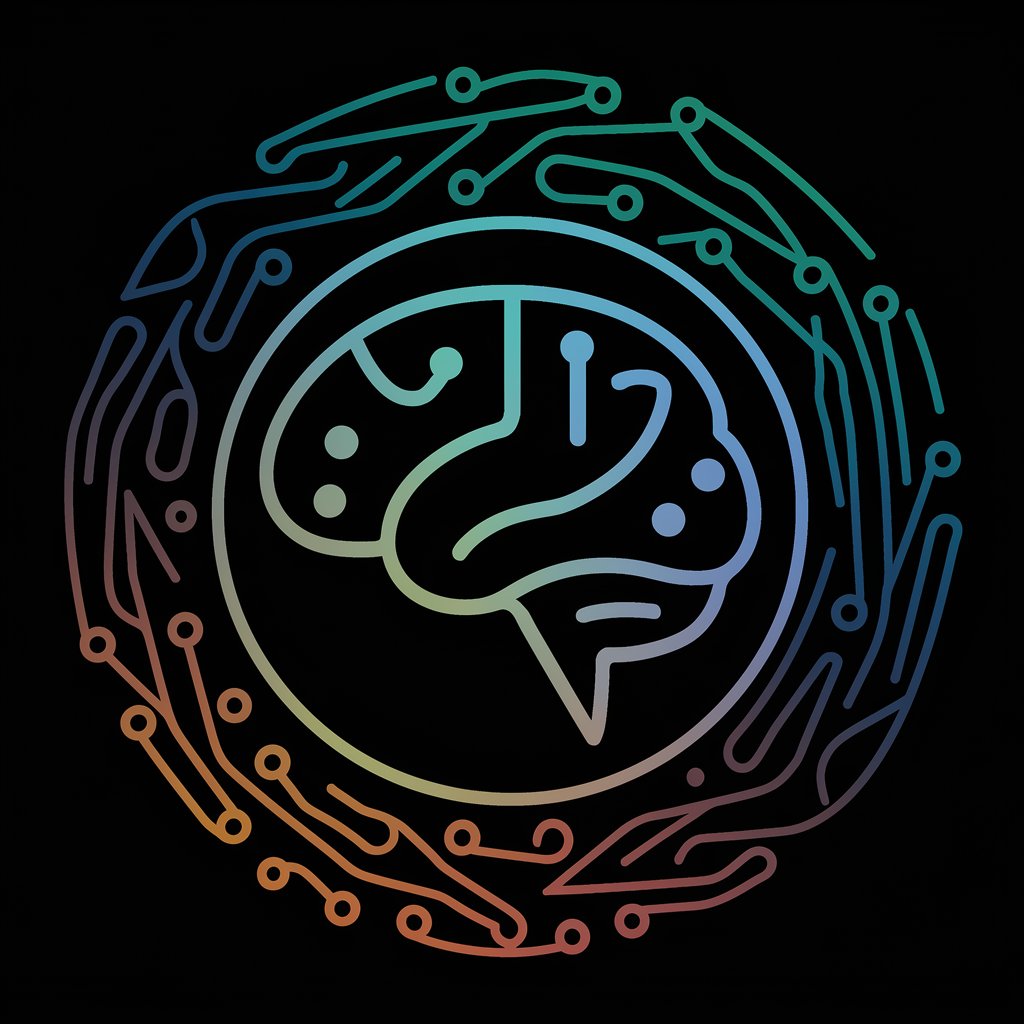
Graphic Novel - CCC
Bringing Stories to Life with AI
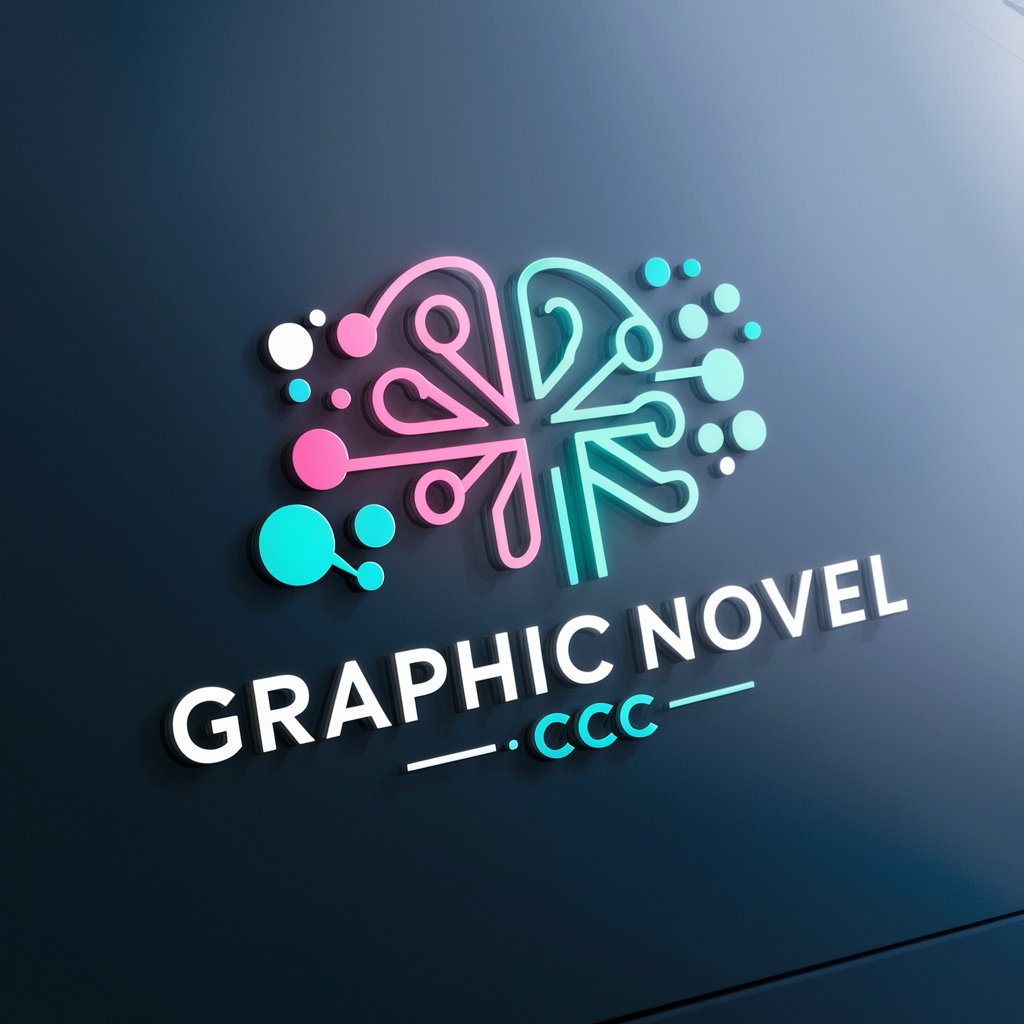
Frequently Asked Questions about Wine Tasting
What is the best way to taste wine?
The best way involves a structured approach: observing the wine's color and viscosity, swirling to aerate, sniffing to detect aromas, and finally sipping to assess taste and aftertaste. This process helps in understanding the wine's complexity, balance, and flavor profile.
Can Wine Tasting help me find food and wine pairings?
Absolutely, Wine Tasting offers expert advice on pairing wine with food, considering the balance of flavors, intensity, and the wine's characteristics to complement or contrast with the food, enhancing the dining experience.
How can I use Wine Tasting to improve my wine knowledge?
Leverage Wine Tasting to explore extensive information on wine varieties, regions, and vintages. Engaging with thematic tastings and specific queries can significantly broaden your understanding and appreciation of wine.
What makes a wine tasting event successful?
A successful wine tasting event features a well-chosen selection of wines, appropriate food pairings, a conducive setting for discussion, and the use of proper tasting techniques. Engaging participants with informative content about each wine can also enhance the experience.
How does Wine Tasting address different expertise levels?
Wine Tasting is designed to cater to both novices and connoisseurs by providing detailed, accessible information for beginners and in-depth analyses for experienced enthusiasts, ensuring a valuable experience regardless of one's wine knowledge level.